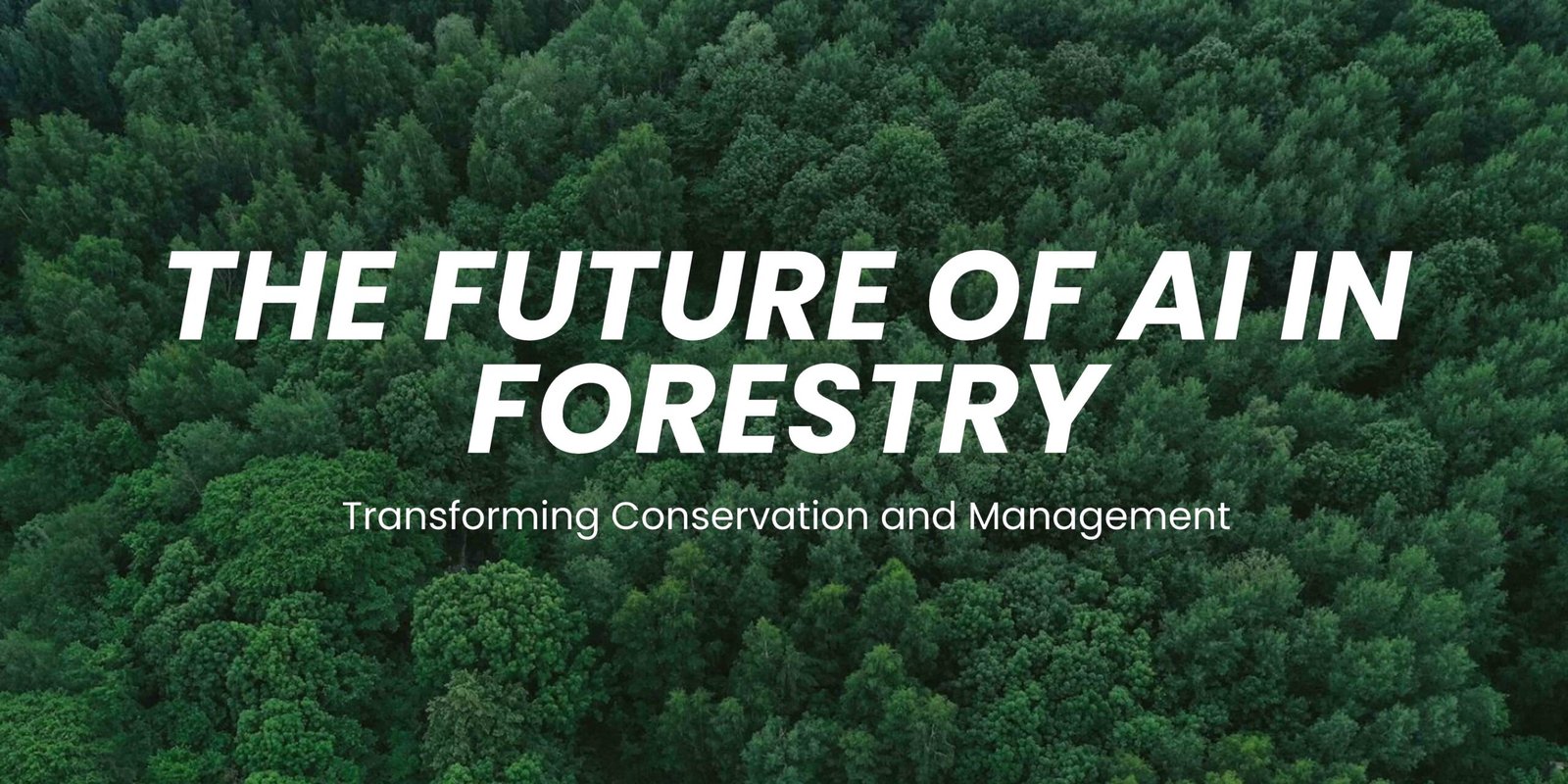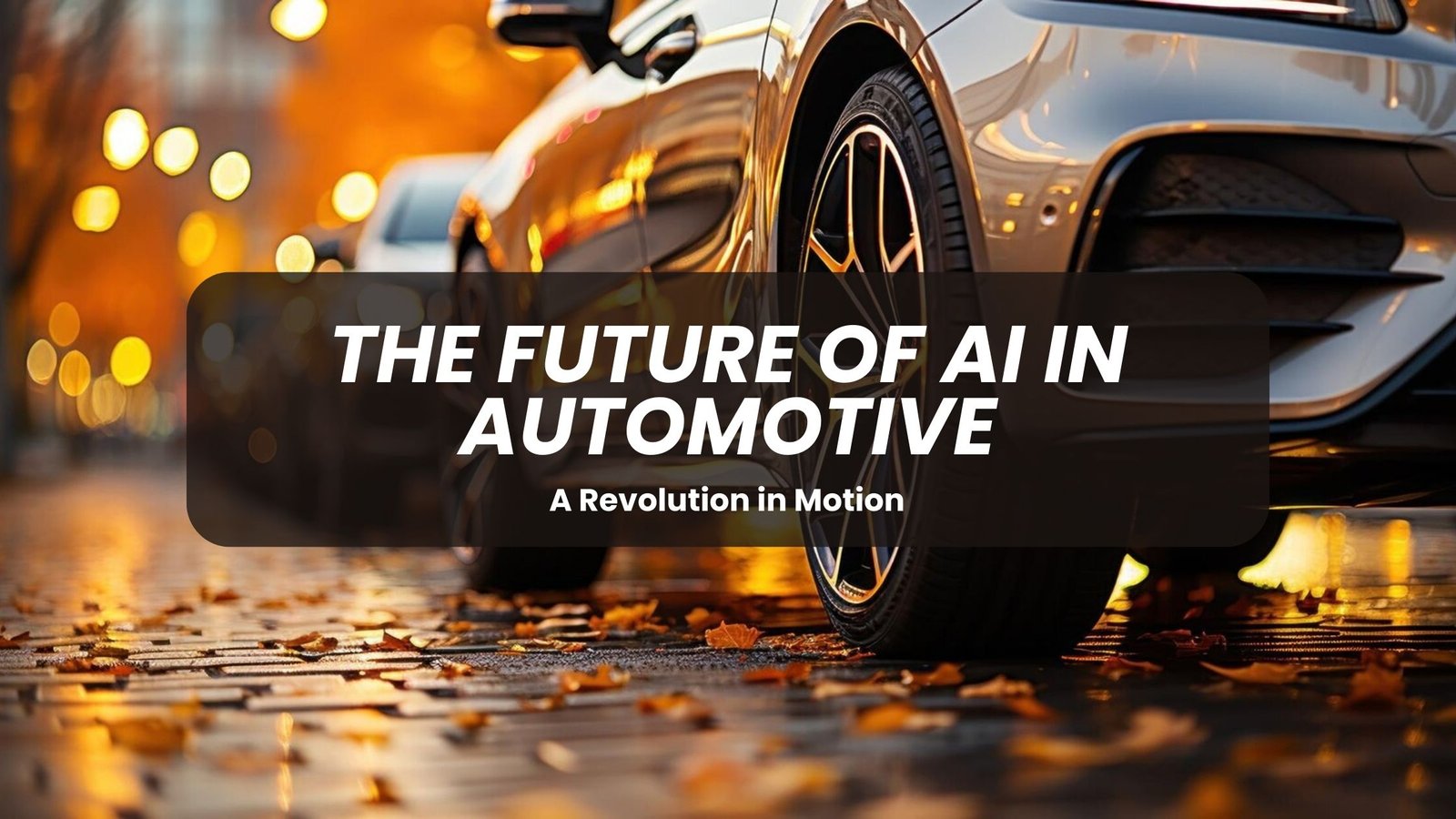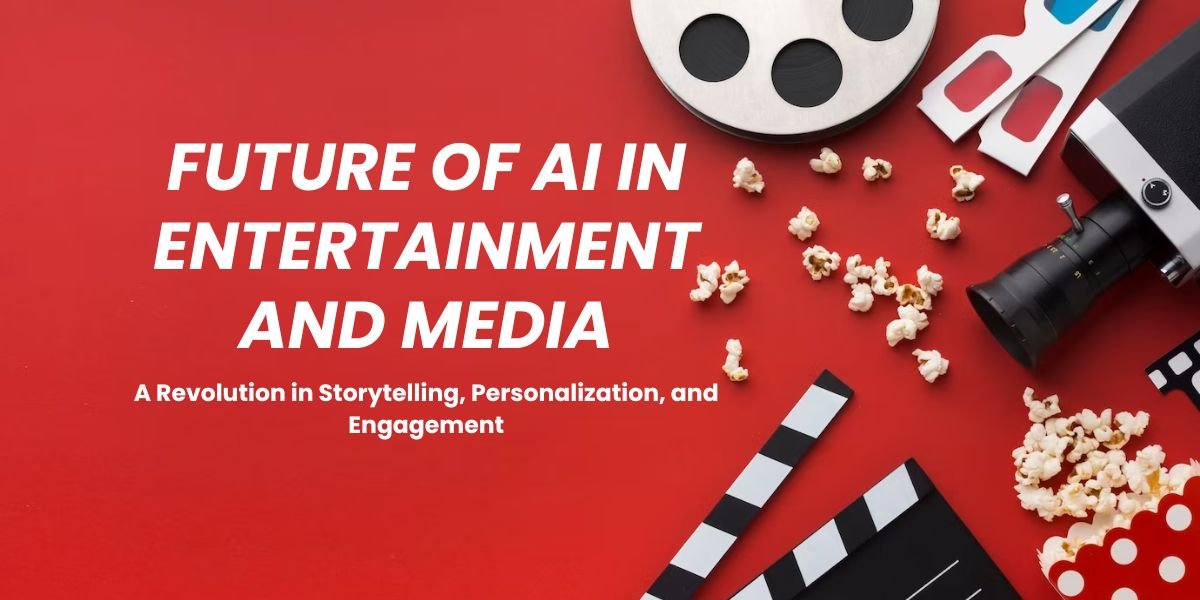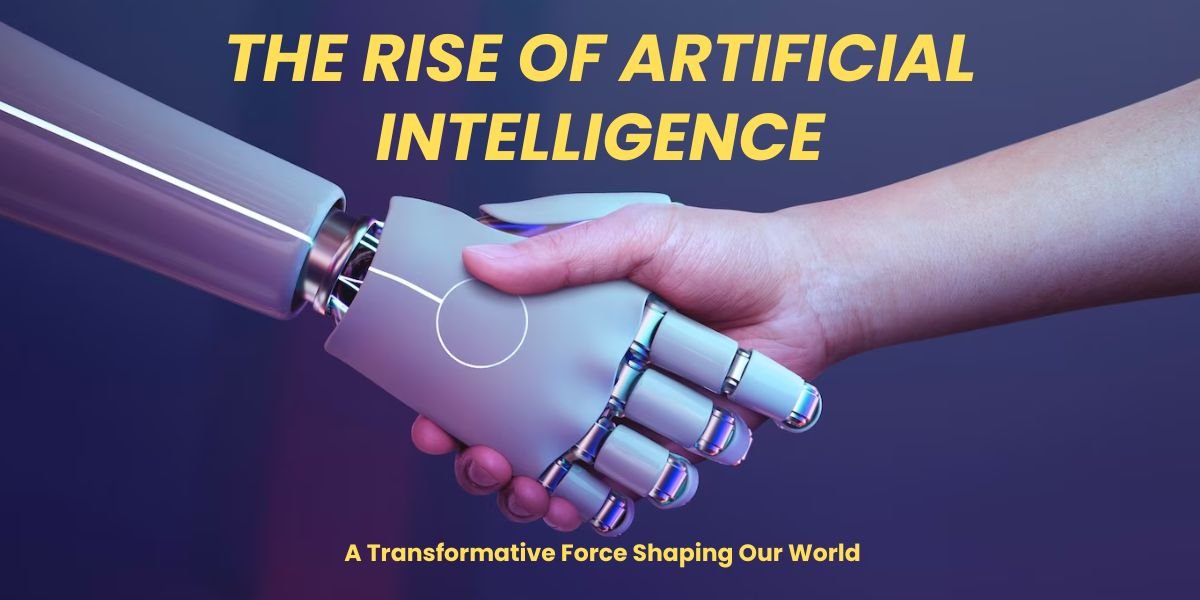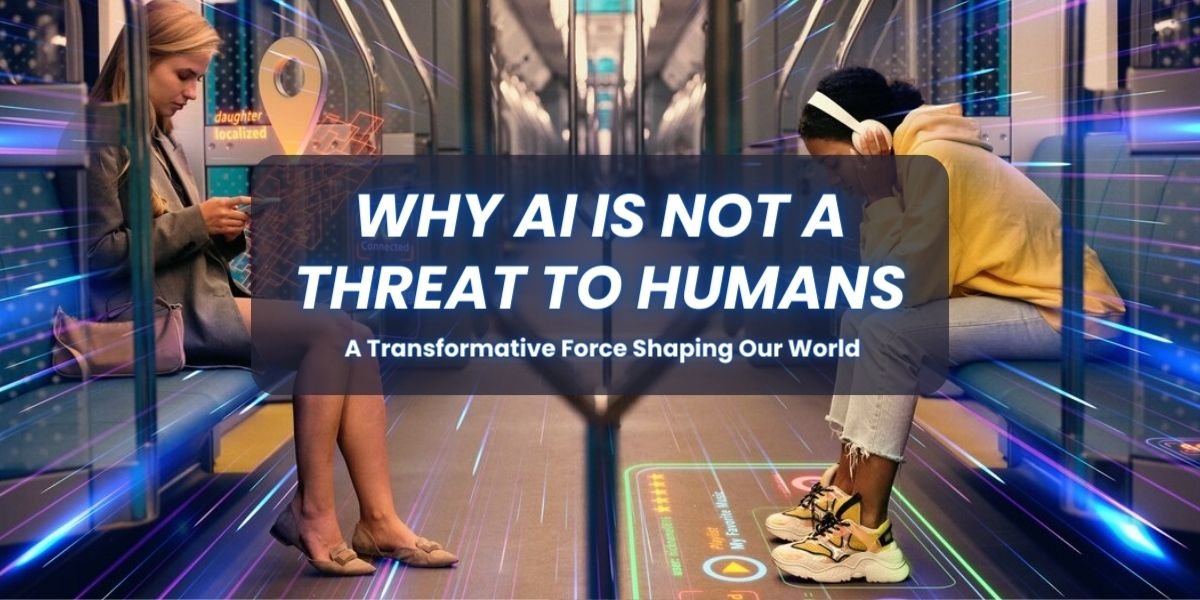Beyond Narrow AI: Exploring the Promise of Artificial General Intelligence

Artificial intelligence (AI) has rapidly advanced from its humble beginnings. We now have AI systems that can beat expert players at complex games, compose music, and even generate eerily human-like text. But there’s a looming milestone on the horizon – one that sparks both excitement and a hint of trepidation – Strong AI, also known as Artificial General Intelligence (AGI). Let’s delve into what Strong AI could be, the challenges of achieving it, and the questions it raises about our technological future.
What is Strong AI?
Today’s AI, even the most sophisticated, is considered “narrow” or “weak.” These systems excel at specific tasks they’ve been trained for. A chess-playing AI can’t translate languages, and an AI trained to write persuasive copy won’t be able to diagnose medical conditions.
Strong AI, however, aims for a machine intelligence that mirrors or even surpasses the versatility and flexibility of the human mind. A true Strong AI would be able to learn, reason, problem-solve, and adapt to entirely new situations without being explicitly programmed to do so. It could apply its knowledge and skills across domains, just as humans can.
The Path to Strong AI: Challenges and Debates
The journey towards Strong AI is riddled with hurdles – both technical and philosophical. Here are some key challenges:
- Understanding Human Intelligence: Before we can replicate intelligence, we need a far deeper comprehension of how our minds work. Neuroscience and cognitive science are making strides, but the biological basis of consciousness and ‘general’ thinking remains somewhat of a mystery.
- Computational Power: The human brain is a marvel of efficiency. Simulating its functions, even at a simplified level, may demand computational resources beyond what we currently possess.
- Data and Learning: Strong AI likely requires enormous amounts of training data across countless fields. Plus, the learning algorithms themselves might need a major overhaul compared to current techniques.
- The ‘Uncanny Valley’ Problem: As AI systems approach human-level abilities, there’s a risk they could fall into the ‘uncanny valley’ — becoming close enough to humans to be unsettling, yet not close enough to be truly convincing.
Ethical Considerations and Potential Dangers
The very concept of Strong AI raises fascinating and sometimes unsettling ethical questions:
- Autonomy and Control: Could truly intelligent machines eventually outsmart their human creators, with unpredictable consequences? How do we align their goals with our own?
- Job Displacement: If machines become capable of intellectual tasks currently reserved for humans, widespread job displacement could occur, leading to social upheaval.
- Existential Questions: What would it mean for humanity if we were no longer the most intelligent species on the planet? Could AGI force us to redefine our self-image?
The Ongoing Debate: Is Strong AI Achievable?
There is no consensus within the AI research community about whether Strong AI is even a realistic goal. Some experts believe it’s only a matter of time and sufficient resources. Others argue that there may be fundamental limitations in replicating the biological complexities of the human brain.
The Potential Benefits of Strong AI
Should we succeed in creating Strong AI, the potential benefits could be transformative:
- Tackling Intractable Problems: Strong AI could be applied to problems that have thus far defied human solutions – things like curing complex diseases, developing sustainable energy, or resolving global conflicts.
- Pushing the Boundaries of Knowledge: AGI might become a relentless researcher across myriad fields, accelerating scientific discovery at a pace we can’t currently imagine.
- Enhancing Human Potential: Strong AI could collaborate with us, acting as a sort of intellectual amplifier, expanding our problem-solving and creative capabilities.
Potential Applications of Strong AI
To make the promise of Strong AI more tangible, let’s visualize some scenarios where it could have a revolutionary impact:
- Personalized Education: A Strong AI tutor could adapt to each student’s learning style, pace, and current understanding. It could provide endlessly patient instruction and tailor its approach until true comprehension is achieved.
- Revolutionizing Healthcare: Imagine an AGI capable of analyzing vast medical datasets, cross-referencing symptoms, treatment outcomes, research papers, and even genetic information. It could assist doctors in diagnosis, suggest personalized treatment plans, and even potentially accelerate drug discovery.
- Environmental Management: Strong AI could model complex environmental systems, predicting the long-term consequences of human actions with unprecedented accuracy. It might help us find optimal strategies to mitigate climate change and develop sustainable resource management policies.
- Space Exploration: A robust AGI onboard a spacecraft could analyze data, react to unexpected situations, and make calculated decisions without needing constant human supervision – critical for deep space missions.
A Note on Consciousness and Self-awareness
A particularly contentious point is whether Strong AI would inevitably develop consciousness – a sense of self and subjective experience. Some argue consciousness is an emergent property of sufficiently complex information processing, while others believe it is fundamentally tied to biology.
If Strong AI machines did achieve consciousness, it would open Pandora’s box of questions. Do they deserve rights and protections? What kind of moral obligations would we have towards them?
The Ongoing Conversation: AI Ethics and Regulation
The prospect of Strong AI, though hypothetical at present, underscores the need to initiate deep conversations about AI ethics and governance. Here are some vital questions we need to address:
- Bias and Fairness: How do we prevent Strong AI from inheriting and amplifying human biases encoded into the data it learns from?
- Transparency and Accountability: Can we develop methods to understand the decision-making processes of complex AGI systems, particularly when critical tasks are involved?
- International Cooperation: The creation of Strong AI would likely be a global endeavor. How would nations collaborate to ensure fair access and prevent a concentration of AI power in a select few?
Conclusion
The notion of Strong AI sits at a captivating intersection of technological aspiration and human self-reflection. Whether it will ever fully materialize remains uncertain, but the questions it provokes are urgent. The development of AGI, should it be achievable, has the potential to redefine the very nature of our existence. Addressing the ethical, social, and philosophical dimensions of this technology will be as essential as the technical pursuit itself.
F&Qs
Today’s AI is ‘narrow’ – great at specific tasks. Strong AI aims to be flexible like the human mind, capable of learning and problem-solving across different areas.
Experts are divided. Some believe it’s inevitable, others feel there are limits to what we can replicate. The debate itself is crucial for responsible AI development.
Understanding our own brains better, needing potentially massive computational power, and designing learning systems far beyond what we currently have.
It’s a legitimate concern. We need to consider issues like machine autonomy, the potential for outsmarting us, and ensuring goals align with human values.
Solve tough problems like diseases or climate change, become an amazing research partner, or maybe even help us understand ourselves better.
We don’t know! This gets philosophical – could consciousness arise from complex computing, or is it tied to biology? Either way, it raises ethical questions.
It needs discussions on bias, transparency in how these systems ‘think’, and probably international agreements on AI development.
Nobody can say for sure. Progress could be slow, or there could be sudden breakthroughs. What matters is the conversation about it happening NOW.


